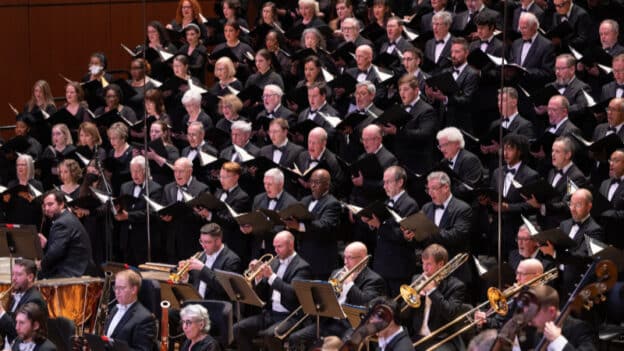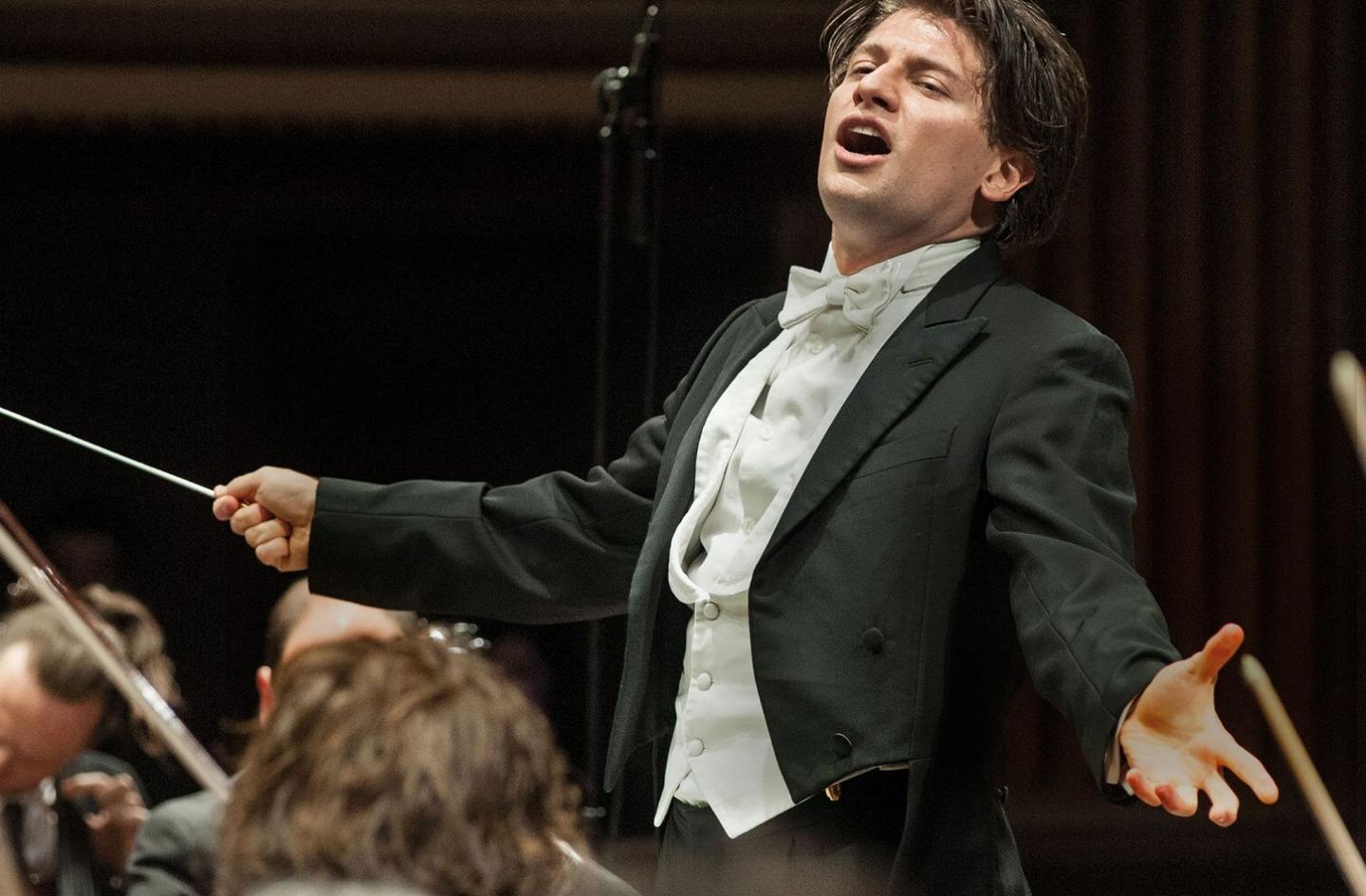Just in: Senior composer cannot finish his opera
mainThe Polish composer Krzysztof Penderecki, 84, has informed the Vienna State Opera that he ‘will not be able to complete the composition of Phaedra as discussed between us. Over the previous year I have tried and tried again to work on the conception of the opera but in recent times, adverse circumstances […] have left me with no other choice but to request to be released from our contract. This has been an incredibly difficult decision and all the more, given that such a proposition from such a prestigious and prolific house as yours depends on a deep relationship of trust from both parties. From the very beginning to this very moment, you have trusted in me.’
Dominique Meyer, replacing Penderecki’s work with Manfred Trojahn’s Orest, says: ‘It is an awful pity that Krzysztof Penderecki’s composition project, which we had many productive exchanges about over the last six years, can no longer be brought to fruition. I am, however, thankful that Mr Penderecki was able to act promptly so we had time to alter the programme … The Intendant’s fear that a piece will not be ready in time for the deadline is something that has not changed since the Baroque period. The risk that it might not perhaps all come together at the end is one that we have to take in order to facilitate the creation of new works. And so I am looking at the positives, namely that two further large-scale world premières and two children’s opera commissions are running according to plan.’






Let’s wish this interesting composer good health and many more productive years.
I see that he has already finished eight symphonies. Hmm. I know he is religious. Hope is also not too superstitious in dealing with a 9th, or a song cycle with orchestra alternative.
All respects for making this brave decision. I am sure this decision was for a good reason.
The greatest nightmare for a composer: writing an opera for a deadline.
Wagner first wrote his operas, then tried to get them performed. Unfortunately, that was also the reason of them being on the long side. Debussy wrote his operatic masterpiece ‘Pelleas et Melisande’ over a period of some 10 years, without any sight on a performance. Only when it was (almost) finished, began he to lobby for a performance.
Theatres would do better by giving the commission without a deadline and only begin discussing a date when the thing is practically finished.
I entirely agree. I have this problem with large-scale commissions in general. The huge spanner in the works is money. People need to eat while they write their masterpieces.
A problem was averted when a commissioned opera for the ROH was completed/orchestrated by a handful of very helpful composers.
Yeah I know the story.
Such sad news, I would have loved to have heard his new opera. Even a single scene would have made for more inspiring music than 10 Nico Muhly operas!
Penderecki is especially interesting because he ‘converted’ from atonal ‘avantgarde’ to traditionalism. When avantgardists get their epiphany and begin to write music, their real talents may become clear.
https://en.wikipedia.org/wiki/Epiphany_(feeling)
http://www.youtube.com/watch?v=tczqXYsSKN8
http://www.youtube.com/watch?v=fj8GJ0LsTL8
I’m not convinced. The Concerto Grosso (as with piece Dutoit premiered at the Proms awhile back) strikes me as rather portentous.
I liked his score for the harrowing film Katyń.
Penderecki’s new traditionalist style is inventive and full of textural ideas. But his overuse of chromaticism is cheap and easy – it is the most easy way of producing thematic material but it is a very flimsy means, it is just filling-out empty spaces. For instance, the chromaticism of Wagner is thematic and very effective, while the easy chromaticism that one often hears in R Strauss is easy and cheap because it is not thematic but merely added to the texture. And when you go to Schoenberg’s and Berg’s chromaticism, well, that’s where they got into trouble. Traditonalist music is NOT something easy.
Borstlap, the composer nobody knows and nobody wants to know… But: a composer on a mission: to explain that his (embarassing bad and boring) tonal music is the best. And that real modern music is a fail. I‘m so tired of reading Borstlap‘s comments. And all of my colleagues too. Really!
To this Boris B:
What a silly, immature comment….. no arguments, there? Pills forgotten? Quarrelling with the wife?
There are too many people taking things seriously in music life which obviously don’t deserve to be taken seriously. That is all. But without ears, some people can only read the words without understanding what they mean, as there are so many people who never hear the music but only the sound it makes.
He was late with Paradise Lost 40+ years ago. Commissioned for the American Bicentennial, it premiered in 1978.
Imagine Tchaikovsky saying ” I can’t complete this bloody Pathetique.”
Well, actually he got stuck after the Adagio.